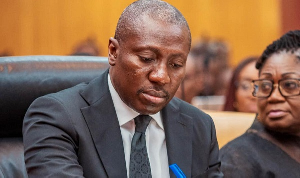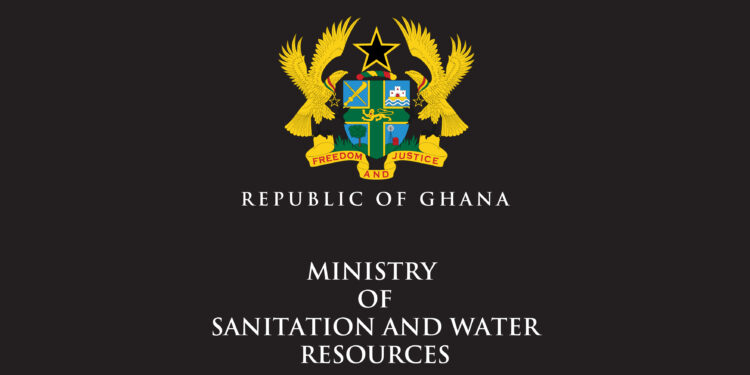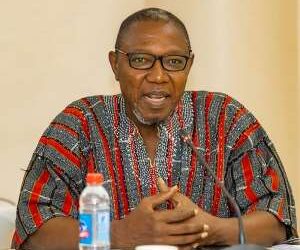The Ministry of Sanitation and Water Resources (MSWR) has been granted $125 million in funds from the World Bank to support a five-year initiative to train environmental inspectors to bring sanitation offenders to court.
For the programme to be tested in the Greater Accra and Ashanti areas, the World Bank provided $150 million over a five-year period in 2015.
This was disclosed last Saturday at the conclusion of a two-day workshop for 40 environmental officers from two locations in Wa by the MSWR’s project manager, Charlotte Akwaah Adjei Marfo.
She emphasised that upholding cleanliness laws will significantly raise the nation’s sanitary standards, averting disasters like floods during heavy rain.
Read Also: A ‘ring of fire’ solar eclipse is coming soon. Here is what you should know
The second phase of the project, which is scheduled to be completed in 2024, officially began with the training of environmental authorities from the Upper West and East Regions.
The workshop addressed a variety of topics, including court jurisdiction, the environmental health prosecutors’ code of conduct, summary trial of cases, and the creation of summonses and charge sheets.
The project is in line with the strategy adopted by the government to accomplish SDG (Sustainable Development Goal) 6.
Environmental officers’ incapacity to pursue cases involving violations of sanitation regulations, according to MSWR deputy director Kweku Quansah, was cited as a factor in the environment’s filth.
He said that this was because districts lack a by-laws gazette, which makes it challenging for environmental officials to pursue the cases in court.
He claimed that under these situations, the environmental officials’ credibility was poor.
As a result, according to Mr. Quansah, the MSWR will get started by making sure that all of their bylaws were properly gazetted before making the papers accessible to the officers for their review.
According to him, the proper prosecution of offenders would create the clean environment required to offer society respectable sanitation and clean water.
The Environmental Health and Sanitation Directorate’s regional head, Freda Naah, advised authorities to take the meeting seriously since it would protect the cleanliness of their communities.
The failure to penalise violators over the years, according to Mrs. Naah, is why “we can see such things as mountains of rubbish and choked gutters in our communities.”



























